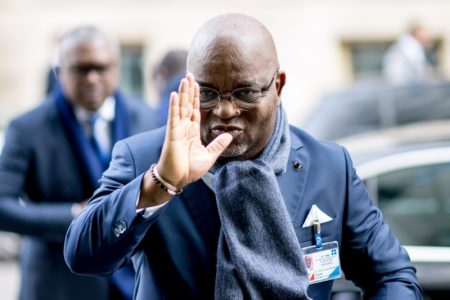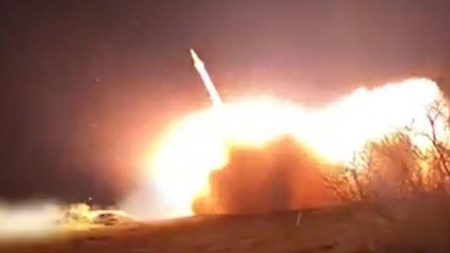 *Agreement wipes out all legacy debts to gas companies
*Agreement wipes out all legacy debts to gas companies
*Govt re-emphasizes meeting 5,000MW target by year-end
Oscarline Onwuemenyi
19 November 2014, Sweetcrude, ABUJA – The Central Bank of Nigeria, CBN, on Tuesday formally signed a N36.5billion agreement with gas suppliers and power generation companies that would settle all gas-to-power debts and ensure an almost unceasing flow of gas to power plants over the next few years.
The package which is part of N213billion arrangement by the Federal Government to inject liquidity into the power sector, also included an agreement between the CBN and the eleven electricity distribution companies for deal worth about N176.5billion to cover revenue shortfalls in the power supply chain in the past one year.
Unveiling the agreement which was first announced about two months ago, Minister of Petroleum Resources, Mrs. Diezani Alison-Madueke said the process for the intervention started with an increase in gas to power price to levels considered more commercial than before.
She noted that, “Legacy debt of about N36.5b owed to gas suppliers by the power sector over the past few years is now being settled through the CBN led intervention scheme.
“With the intervention, all undisputed claims are settled creating a new page in Nigerian domestic gas market. Going forward, it is expected that appropriate security mechanisms will be put in place to assure that gas sold to power sector, gets paid for, thereby creating a viable and sustainable gas sector.”
She added that the intervention is also complemented by a reciprocal commitment by the gas suppliers. “A medium term gas supply commitment from the various gas suppliers is also made today.”
According to Alison-Madueke, the deal would “bring to the grid, an additional 2.5 billion cubic feet per day of gas over the period from now till 2017. Over 80 percent of this will go to the power sector supporting an additional 5-6GW to today’s capacity.”
Speaking on the current gas-to-power production and supply, Mrs. Alison-Madueke explained that the Utorogu/Ughelli gas plant is producing at its highest level as production ramps up from about 350mmcf/d a months ago to over 400mmcf/d currently.
“We are also making good progress in the construction of the bypass gas pipeline to Alaoji. This will add almost 100mmcf/d of gas to power Alaoji and Calabar IPP (Independent Power Plants) before the end of December. In addition supply to Gbaran IPP ia also being finalized for readiness before the end of December,” she added.
The Minister noted that with these projects, government target of generating 5,000mw by year would be met.
Also speaking at the event, Minister of Power, Chinedu Nebo said the conclusion of the agreement has restored liquidity to the electricity market and has given impetus to the readiness for the declaration of the Transitional Electricity Market (TEM).
Nebo explained that in the past few weeks power generation has increased to between 4,000mw and 4600mw, which is the highest in the past two years.
He said government intervention in the sector was a measure of its desire to ensure the economic viability of the electricity sector.
“Prior to the handover and even after the handover, the market has continued to accrue a lot of debts due to non payment for gas and also for power supplied. That is the reason the Governor of the CBN working with Petroleum Resources Minister, myself, Chairman of NERC came up with this CBN Nigerian Electricity Supply Industry Fund in an intervention by the CBN in collaboration with local deposit money banks to infuse liquidity into the system and to wipe the debts and put the young market in a clean slate”, he explained.
On his part, the CBN Governor, Mr. Godwin Emefiele said the intervention meant it was time for the electricity sector to make progress and deliver power to Nigerians.
He said the CBN in partnership with the commercial banks would provide the facilities to address shortfalls in “power sector revenues caused by needed adjustments in the electricity tariffs and legacy gas debts”.
He said in exchange for the intervention, the banking sector expects the parties to ensure funds are repaid as and at when “become due and ensure that all inputs into the generation of power are ramped up in a consistent manner”.
Besides the eleven distribution companies and the power generation companies, other firms involved in the agreement include, Chevron, Total, Shell, Seplat, PanOcean and NPDC among others.



